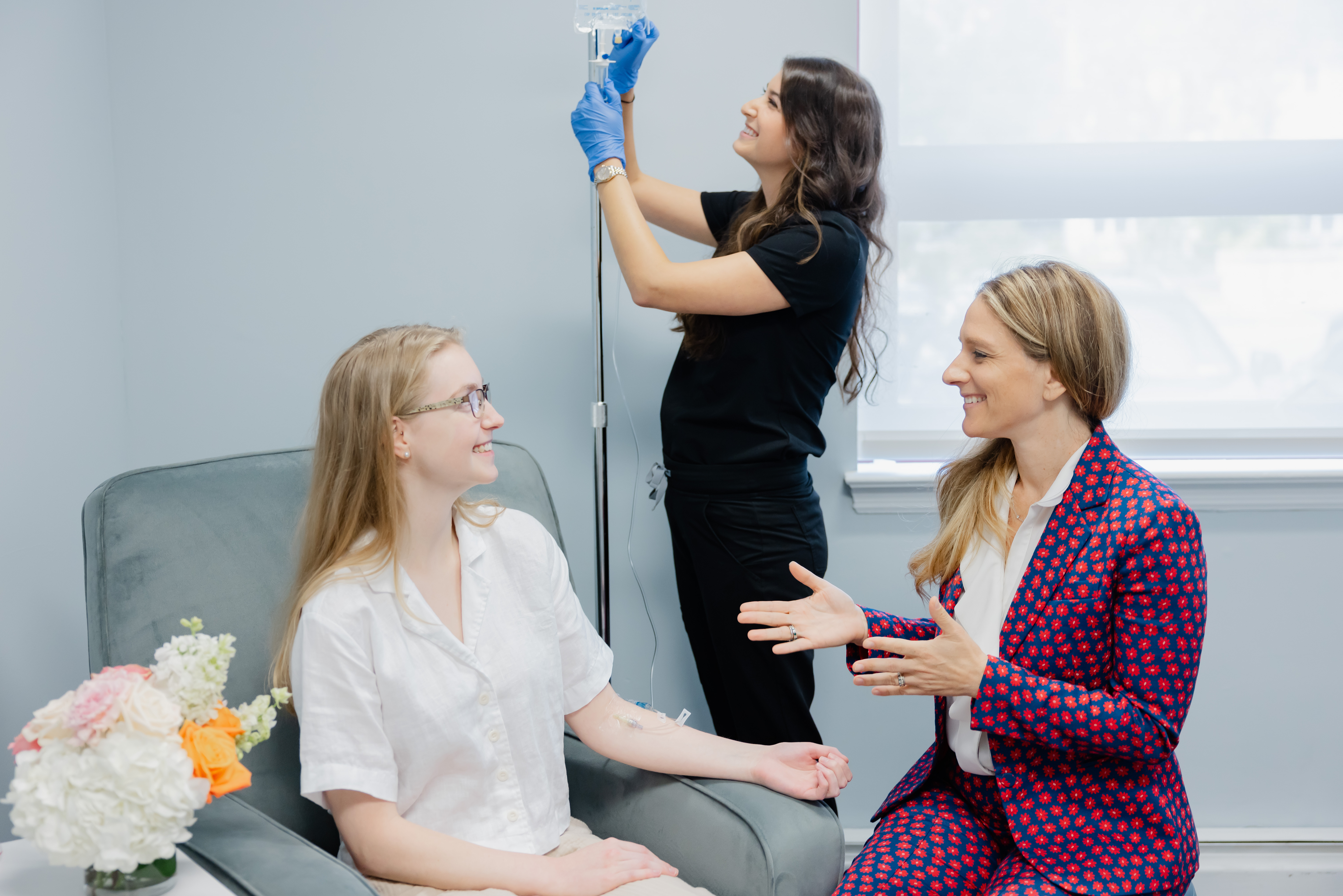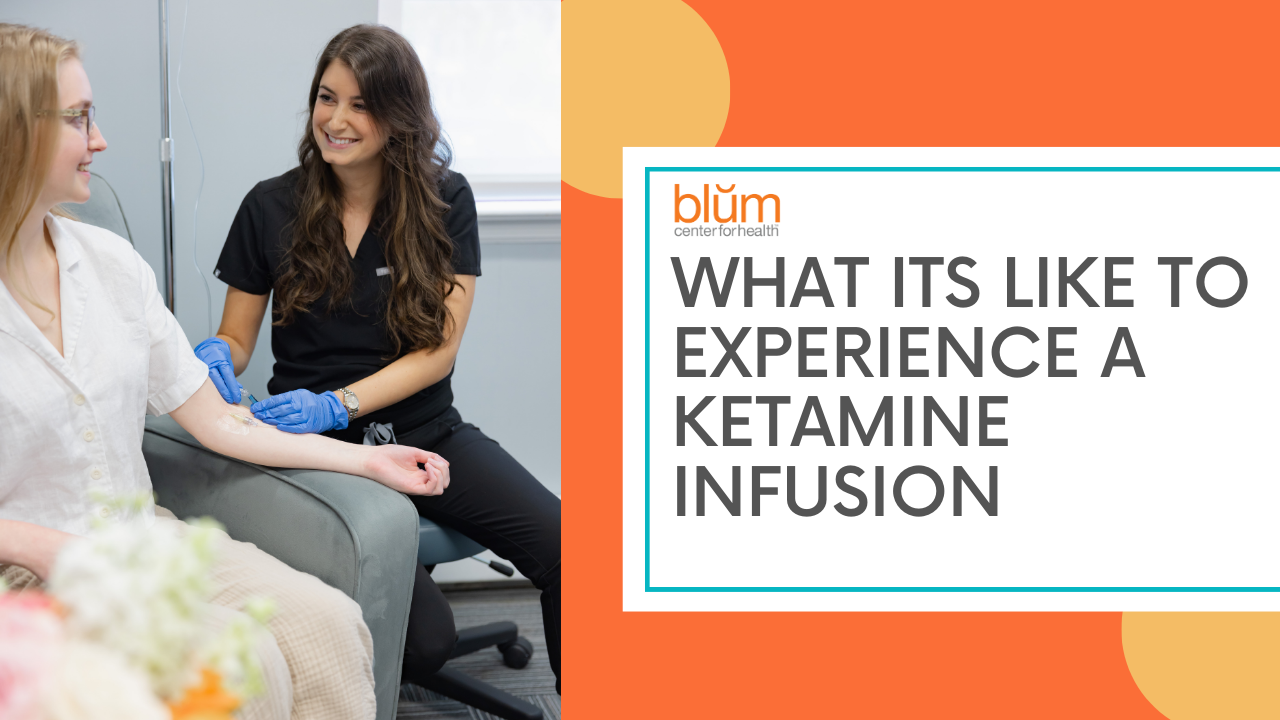
In functional medicine, we see trauma as more than just emotional distress; it has a tangible impact on both your physical and mental health. Picture your body as a well-coordinated orchestra, each section representing a different system. Trauma throws off this balance, affecting everything from hormones to digestion.
The stress response triggered by trauma can lead to inflammation, impacting your immune system and overall well-being. Our goal as practitioners is to address these interconnected factors, restore balance and support healing.
The Biology of Trauma
In recent years, there has been a growing interest in understanding the biological mechanisms underlying trauma and exploring innovative treatments. Dr. Stephen Porges introduced the Polyvagal Theory, a groundbreaking framework for understanding the autonomic nervous system’s role in responding to stress and trauma. According to this theory, the autonomic nervous system consists of three branches: the ventral vagal, sympathetic, and dorsal vagal systems.
- Ventral Vagal System: Associated with social engagement and relaxation, this branch promotes feelings of safety and connection.
- Sympathetic Nervous System: Known for its “fight or flight” response, the sympathetic system activates during stressful situations, preparing the body for action.
- Dorsal Vagal System: Linked to immobilization and shutdown, this branch activates when an individual perceives a life-threatening situation, leading to a state of dissociation or freeze.
Understanding the interplay between these systems provides insight into how trauma can impact an individual’s physiological responses and overall well-being.
Trauma’s Impact on the Nervous System:
When an individual experiences trauma, the autonomic nervous system may become dysregulated. Chronic exposure to stressful or traumatic events can lead to a heightened sympathetic response and an impaired ventral vagal system, hindering the ability to regulate emotions and navigate social interactions effectively.
Additionally, trauma may result in an overactive dorsal vagal system, contributing to symptoms such as dissociation, anxiety, and depression.
Understanding these neurobiological changes is crucial for developing effective interventions. Here’s several examples of patients* who’ve who’ve come to me for treatment:
- The middle-aged patient with depression, who finally connects his dissociation and inability to focus, constipation, and recurrent sinus infections to the stress of his childhood-being raised by an alcoholic mother.
- The 21 year old college student who has diarrhea, difficulty tolerating foods, eczema and painful periods- who also lives in a state of fight or flight that she experiences as ADHD and anxiety.
- The perimenopausal small business owner who is starting to have night sweats, weight gain, change in her bowels.
- The sleep deprived mom of 3- shuffling kids from activity to activity, managing a household, cooking, who has difficulty finding time to exercise, meal prep, and meditate and who experiences chronic HIVES and cannot clear toxins like mold from her system.
- The retired patient who has long haul covid after years of reflux symptoms, a short fuse and anger management issues, recurrent sinus infections, and a history of insomnia.
Ketamine and Trauma Treatment
Ketamine, traditionally known as an anesthetic, has garnered attention for its potential therapeutic effects on trauma-related conditions.
Recent research suggests that ketamine may influence the N-methyl-D-aspartate (NMDA) receptor, a receptor in the brain leading to neuroplasticity and the formation of new neural connections.
What this means is that the brain is literally rewiring itself, allowing faulty connections (synapses) to reconnect stronger and with more integrity. And what we experience physically is less anxiety and depression and the somatic manifestations of those states of being.
Moreover, ketamine’s impact on glutamate transmission may play a role in dampening hyperactive neural circuits associated with trauma.
Studies exploring the use of ketamine-assisted psychotherapy indicate promising results in alleviating symptoms of post-traumatic stress disorder (PTSD) and depression.
I’m brought to my 20-something patient who came to me, unable to work, in chronic pain, almost bed bound and with suicidal ideations. After only 2-3 months of treatment, he is starting graduate school, his pain well integrated and understood, and walking with a new found confidence in himself. Both having rewired the neural-circuits and integrated his experiences during his sessions into his daily life and conscious awareness.
Ketamine, with its potential to modulate neural circuits and promote neuroplasticity, emerges as a novel avenue for trauma treatment. As research in this field continues, integrating biological insights with innovative therapeutic approaches holds promise for advancing chronic stress and trauma care and improving the lives of individuals affected by trauma.
As a practitioner, having a cutting edge tool like ketamine has been one of the most profound ways I have helped patients heal their physical body. If you’d like more information about Ketamine treatments at Blum Center for Health contact our team at 914.652.7800 or on our website www.blumcenterforhealth.com
*distinguishing characteristics have been removed to protect patient identity.
